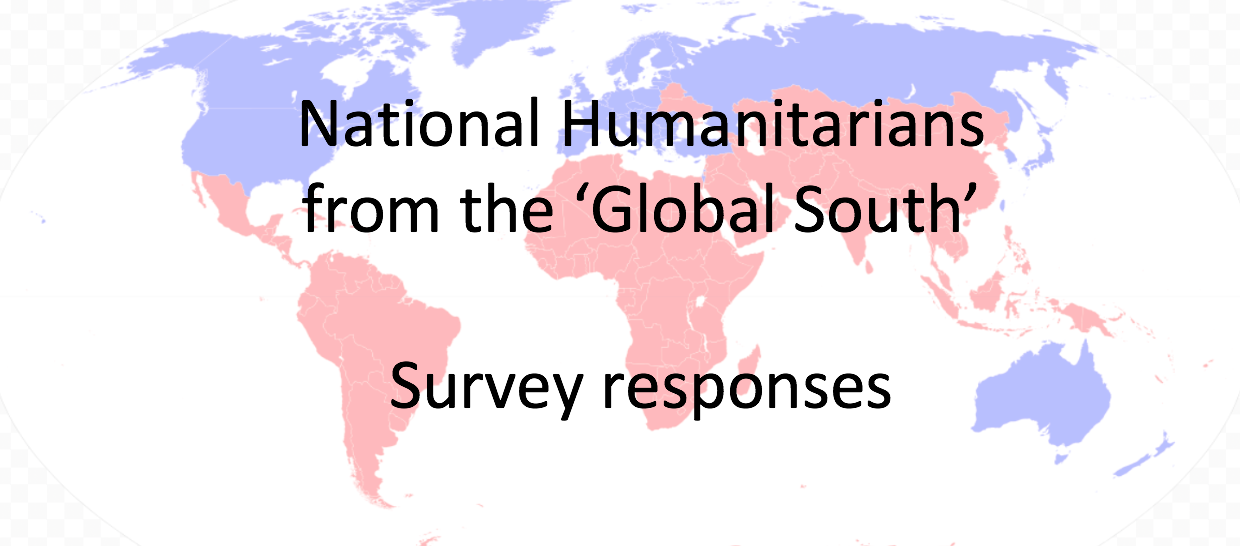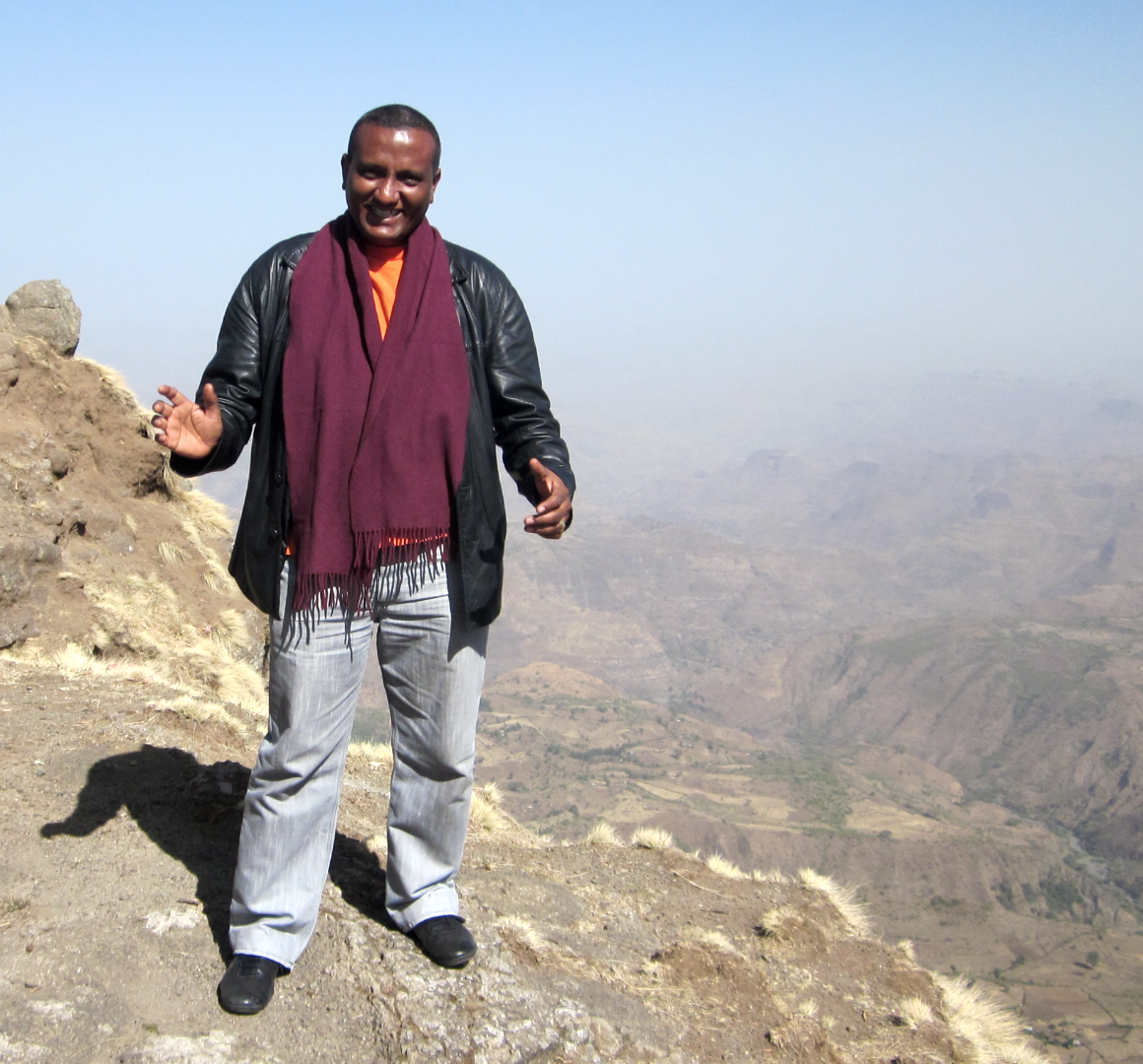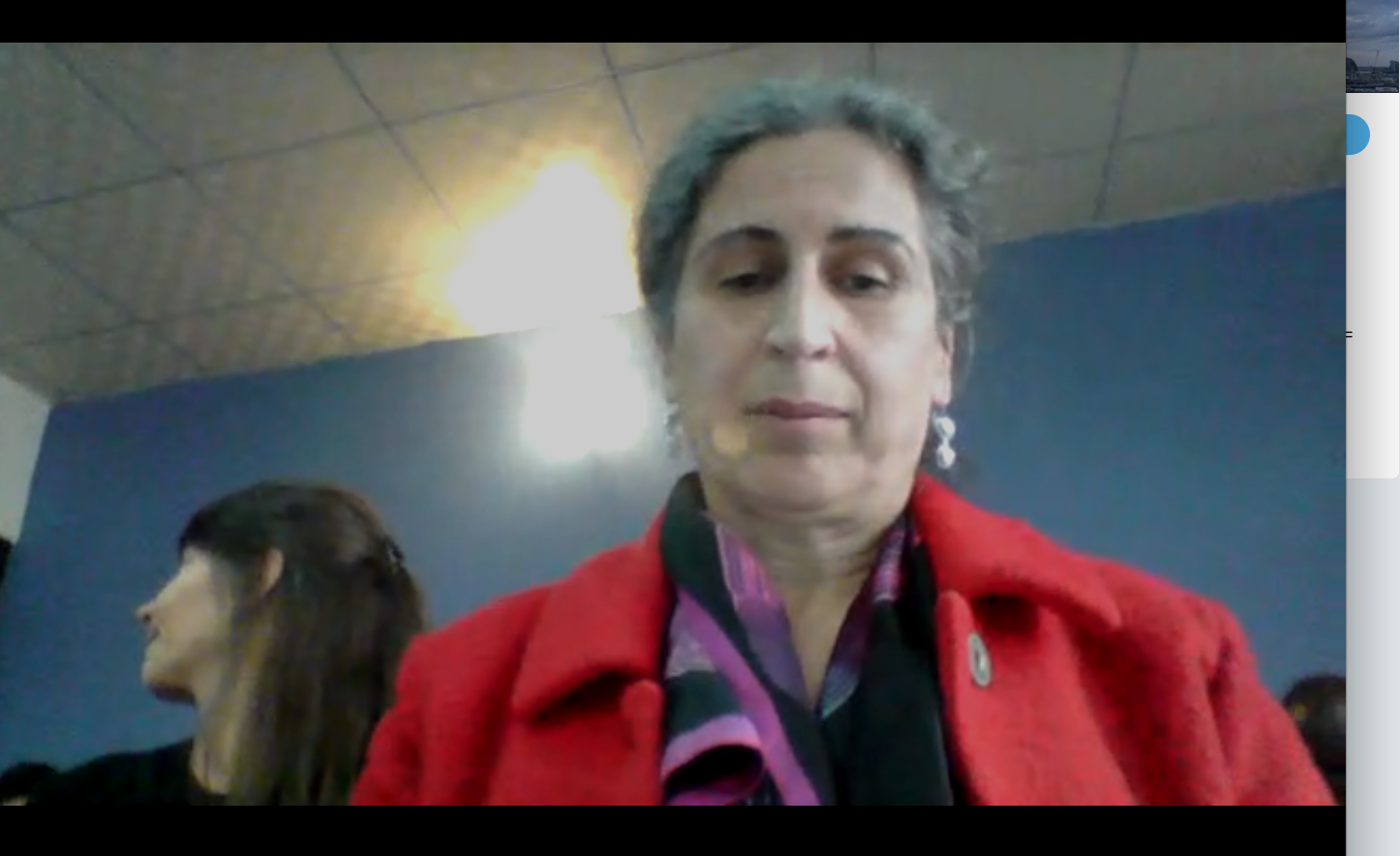A call to national humanitarians from the research team
Have your voice heard!
What good can come from this survey? Why should humanitarians from the ‘global South’ take the 15-20 minutes to fill out an online form?
 This method of reaching out to humanitarians has its challenges, to be sure, but we are committed to pushing through these difficulties. I asked my research team to speak directly to their counterparts around the globe. where is some of what they said.
This method of reaching out to humanitarians has its challenges, to be sure, but we are committed to pushing through these difficulties. I asked my research team to speak directly to their counterparts around the globe. where is some of what they said.
Samuel
Humanitarian consultant Samuel Lemma Kibret based in Addis Ababa, Ethiopia had this strong message,
“Humanitarian and development organizations are a hidden world where injustice is prevailing. This research is very important as it focuses on hearing voices of humanitarian and development workers that try to contribute in changing the lives of needy but are being pulled back by injustices. Please take the time to have your voice heard.”
prevailing. This research is very important as it focuses on hearing voices of humanitarian and development workers that try to contribute in changing the lives of needy but are being pulled back by injustices. Please take the time to have your voice heard.”
Hero
I asked Hero Anwar, Deputy Director at REACH in Erbil, Iraq to comment on why people should fill out the survey. She said, in part,
“Not immediately, but the results of this [survey] contributes to the cause of localization. First, I think for local humanitarian workers when we fill out the survey -if we do it mindfully and think about the questions- it helps us have a reminder about what we are lacking. It is a reminder about our rights and how many areas we haven’t gotten our rights, that there is no equality for us. So just by reading the questions this will remind us or raise our awareness.
 The other reason is when this survey is published it will raise awareness about local humanitarians. Also for us we will be able to cite what is written since it is a credible, academic source, something that people take seriously. It is [seen as] different if I say or write something in a meeting or in an email, report, or proposal because it might seem like just my opinion or from my organization’s perspective. If what I cite is from an academic, represents the viewpoints of many people, and there is research about it this can mean more when I am making some points about changes I would like to see from donors or policy in general.”
The other reason is when this survey is published it will raise awareness about local humanitarians. Also for us we will be able to cite what is written since it is a credible, academic source, something that people take seriously. It is [seen as] different if I say or write something in a meeting or in an email, report, or proposal because it might seem like just my opinion or from my organization’s perspective. If what I cite is from an academic, represents the viewpoints of many people, and there is research about it this can mean more when I am making some points about changes I would like to see from donors or policy in general.”
As for Hero’s first point, those who have taken this so far have in most cases thanked me for the opportunity to share their views, most simply adding “Thanks for the survey.” Here are a couple more words of encouragement, both from humanitarians in Ethiopia
“Please undertake this survey in an extensive manner.”
“I think the survey is very important for engaging oneself in humanitarian or development works.”
Evil Genius
My long-time collaborator and friend humanitarian silverback that goes by ‘J’ (aka Evil Genius) noted that while most people are quick to complain about the sector, here is a chance to actually do something (his emphasis). He said, that national humanitarians who want to impact the direction of localization should take the survey.
More statements from the research team will be added soon, but in the meantime, here’s  the Tweet I made yesterday.
the Tweet I made yesterday.
As always, contact me if you have any questions.


 Follow
Follow